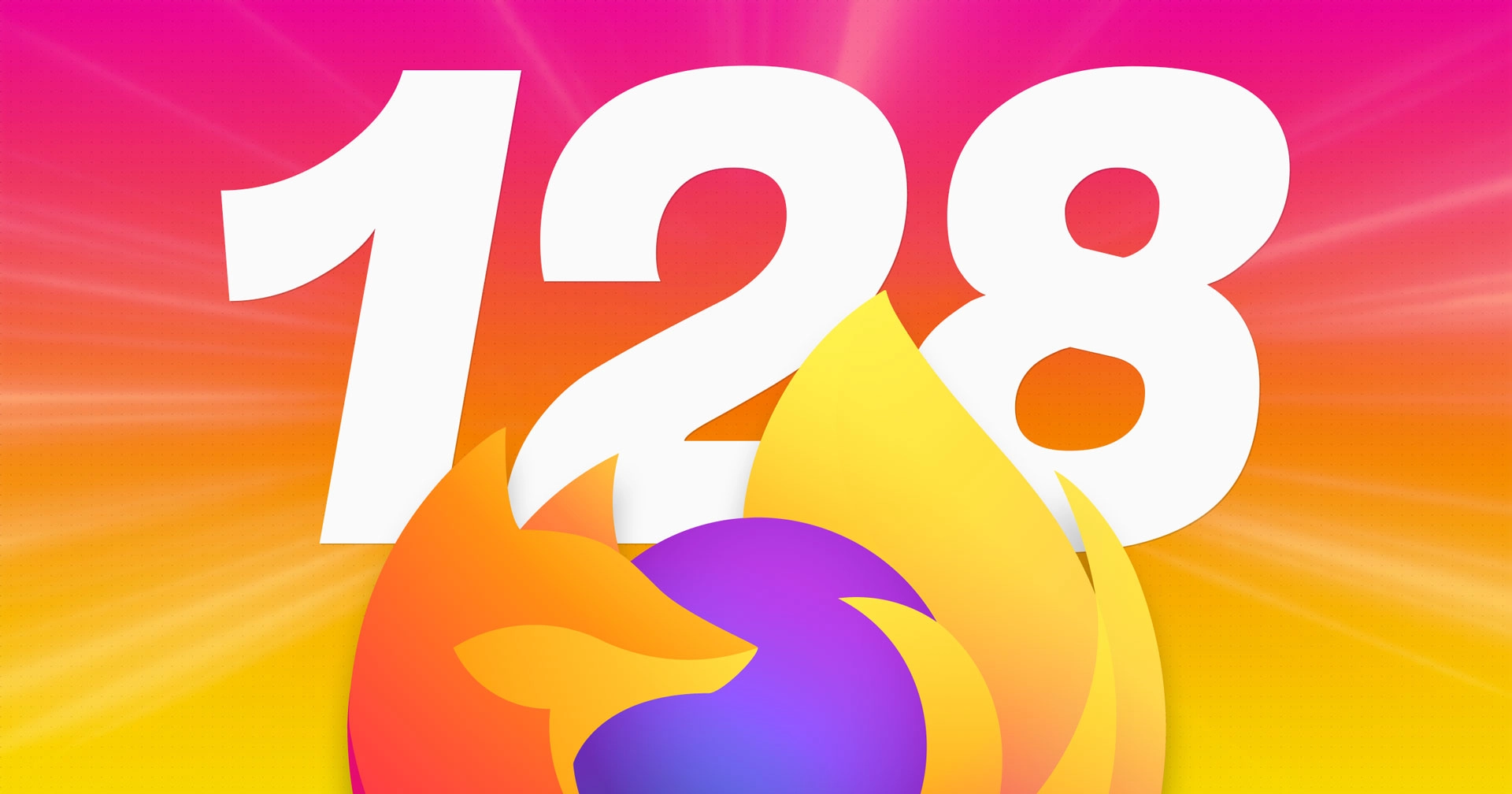Mozilla Firefox 128 is now available for download, freshly stocked with a few sweet new features.
It’s been a mere few weeks since Firefox 127 delivered a deft new way to get rid of duplicate tabs, bolstered security by auto-upgrading mixed-content elements in webpages, and souped-up its in-page screenshot capabilities.
In Firefox 128, Mozilla’s developers add a faster and more intuitive way to leverage the browser’s built-in (privacy-friendly) language translation feature, streamline browser spring cleaning, and resolve a couple of errant quibbles.
For more details, scroll on!
What’s new in Firefox 128?
Cruft accumulates as we browse the web: web browsing and search history, media cache, site-specific permissions, and cookies (not all cookies are evil, some keep you signed into services or allow features like shopping carts to function).
Firefox 128 makes clearing user data easier by introducing a unified ‘clear user data’ dialog with a more streamlined set of options. Regardless of where you call it up (hamburger menu or settings) you now see the same dialog with the same options, labels, descriptions.
Clear browser data selectively, and for a specific period (e.g., ‘last hour’, ‘today’, etc). The size of data you select to clean is now shown, giving you a good idea of how much disk space you’ll free up by ditching the detritus.
Ever wish you could translate a snippet of text within a web page, rather than translate the whole page? Firefox 128 adds an option to translate text selection to the right-click context menu. I previewed this feature back in April, so it may sound familiar.
If you’re in the US or Canada you’ll now see ‘trending searches’ in the address bar whenever you go to make a new search. If you care about knowing what other people are searching for, you may find that useful.
Otherwise, expect to be suckered into clicking things based on “er, why is that trending?” — which fuels the trend further. It’s almost like bots have learned to gamify this to their own ends…
Firefox 128 adds support for the experimental Privacy Preserving Attribution API which, Mozilla say, “provides an alternative to user tracking”. Don’t like the sound of it? It can be disabled from the Privacy and Security settings panel.
Elsewhere, Firefox 128 proxies DNS by default when using SOCKS v5; renders more text/* file types inline, rather than prompting you to download them; and is able to play protected content from streaming sites like Netflix while in Private Browsing mode.
Upcoming feature improvements
Firefox’s new tab weather widget didn’t make it into this release as a default feature, but the guide I shared a few weeks back showing you how to enable it continues to work. A new config variable has been added to enable location changes/search.
You can see how easy that is to use in the GIF above.
The other big customisation feature on the way is new tab wallpapers. Firefox 128 includes a ‘v2’ implementation of this to test. It offers a larger set of imagery to choose from, including solid colours, abstract backgrounds, and photographic imagery.
More choice for new tab wallpapers (for those who want ’em)
One Ubuntu-specific bug fix of note resolves an issue where the tab hover previews would render black for a subset of tabs (once too many were open) rather than, as expected, show a preview of the web page.
“Tab hover previews?!”
— yeah, I don’t think tab hover previews are enabled in Firefox by default (yet — at least in the en_GB locale), but there’s a flag in about:config should you want to try them out.
They work as you’d expect: mouse over an unfocused tab and it shows a thumbnail preview of the page as it currently looks.
How to Get Firefox 128
Disqus not loading in Firefox? Here’s why
Firefox 128 is free, open-source software, available for Windows, macOS, and Linux (with mobile versions available on Android and iOS).
You can download Firefox from the Mozilla website if you don’t already have it, and most existing users on macOS and Windows can upgrade to the latest release in-app.
Most Linux users will get this update as a software update from their Linux distribution’s repo, the Mozilla APT repo, or a 3rd-party mechanism.
For more details on the makeup of this release hit up the official release notes, and for developer-specific changes check out the developer release notes for Firefox 128.
